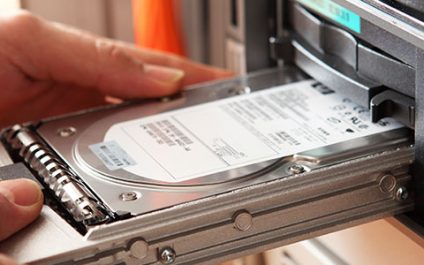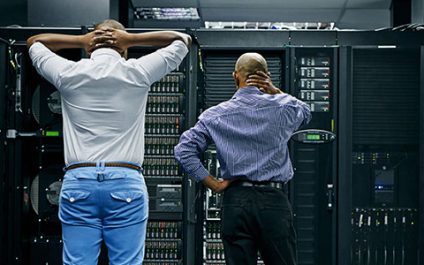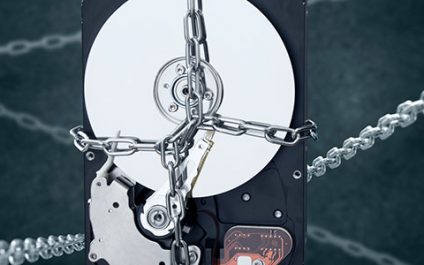As a small-business owner, you understand that unforeseen events can happen at any time. A fire, power outage, or cyberattack can disrupt your operations and cause you to lose valuable data. If you don't have a business continuity plan, these events can be devastating for your company.
How often should you review your company’s business continuity plan?

One of the worst things that can happen to a small- or medium-sized business here in Baltimore is a major disruption. Imagine your business being hit by natural disasters like floods or hurricanes (which occur more often in Maryland, so you really need to be prepared) or human-made disruptions like bomb threats or a data breach.
Avoid these 6 common business continuity planning mistakes

A business continuity plan (BCP) helps organizations prepare for and recover from potential operational disruptions, such as natural disasters, hardware failure, power outages, and cyberattacks. It enables them to identify and assess their risks, develop strategies to mitigate those risks, and create a plan for how to resume operations in the event of a disaster.
How to create a strong business continuity plan

In today's fast-paced and unpredictable business landscape, it's more important than ever for companies to be prepared for the unexpected. Otherwise, they may struggle to get back on their feet and suffer the financial consequences of downtime. This is where a business continuity plan (BCP) comes in handy.
How can MSPs help with your backup and disaster recovery strategy?

It can be difficult for small- and mid-sized businesses (SMBs) to predict when they will be hit by disasters like natural calamities, faulty devices, and data breaches that can disrupt their operations. And despite the fact that 40% of small businesses never reopen after a disaster, many still don’t have a proper backup and disaster recovery (BDR) plan.
The benefits of cloud-based business continuity

Cloud computing is transforming the way companies store and access business-critical applications and data. Syncsort’s 2018 report showed that IT professionals consider business continuity to be the topmost benefit of the cloud. This is no surprise. With the cloud, applications and data are typically stored and accessed securely from a central, off-site location so that business can continue as usual despite unplanned interruptions or incidents.
Advantages of cloud-based business continuity planning

Business continuity has moved to the cloud. Compared with manual backup systems and conventional disaster recovery methods, a cloud-based business continuity plan (BCP) offers a more efficient and cheaper solution to getting your business up and running quickly while reducing potential liabilities in the event of a data breach or other kinds of disaster.
Why data backup is not enough to ensure business continuity

Backing up critical business data is an essential safety measure against system outages, natural calamities, data breaches, and ransomware. But is data backup really enough to secure digital assets against those eventualities?
Why you need more than data backup
Data backup is an automated process of making updated copies of files from your business’s network and servers and storing them in an off-site or cloud-based data center.
The most common SMB disaster recovery challenges and how to beat them

Disaster recovery plans aren’t just nice things to have — they’re critical for safeguarding the future of your organization, should the worst happen. According to FEMA, some 40% of companies close their doors for good after a natural disaster, and that’s not even taking into consideration the man-made catastrophes that can affect your organization.
5 Things businesses should do to protect data
- 1
- 2



